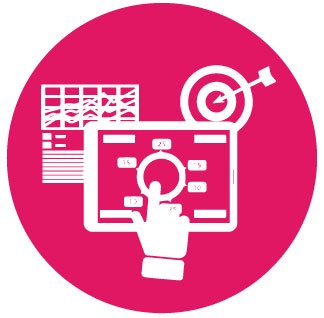DIGITAL PLAN FOR SCHOOLS. AN INSTRUMENT WITH PROSPECTIVE

Published 2023-01-30
Keywords
- educación, digitalización, competencia, inspección, innovación, programación, evaluación
- education, digitalization, competence, supervision, innovation, planning, assessment
How to Cite
Copyright (c) 2023 Supervisión 21

This work is licensed under a Creative Commons Attribution-NonCommercial-ShareAlike 4.0 International License.
Abstract
In the midst of the regulatory development of Organic Law 3/2020 of 29 December (LOMLOE), which modifies Organic Law 2/2006 of May on Education (LOE), educational administrations are beginning to design and implement not only new curricular documents, but also those plans that should be included in the Annual General Programming as a backbone element of the same and, accordingly, within the plans of the Educational Project of the Centre. This is the case of the Centre Digital Plan, a proposal that aims to specify the digital strategy of the centres and which has its origin in the need to take into account the changes produced in our society in the field of digitalisation and its impact, accentuated if possible, even more so, as a result of the COVID-19 pandemic and the new methodologies implemented in education. This objective includes attention to the development of digital competence in students and teachers at all educational stages in order to achieve the development of innovation and new technologies as a factor of quality in the Spanish education system.
This article analyses the regulatory and theoretical framework of the Digital Plan within the development of the LOMLOE in such a way that, in the first part, a detailed analysis is made of the regulations of the Digital Projects of the different Autonomous Regions, analyzing their actions. In the second part, a small investigation is carried out based on 25 samples in relation to the most significant aspects of Digital Projects (DPs) in schools with a brief analysis of the most significant coincidences and finally, the actions of the DPs contemplated in the action plans of the Education Inspectorate are referenced.
